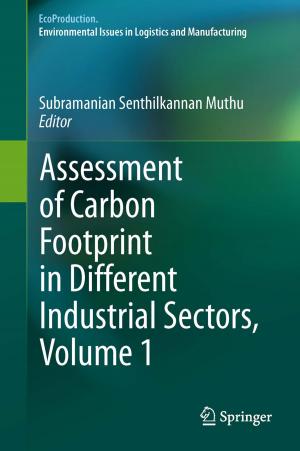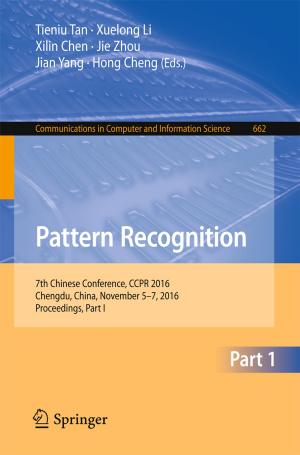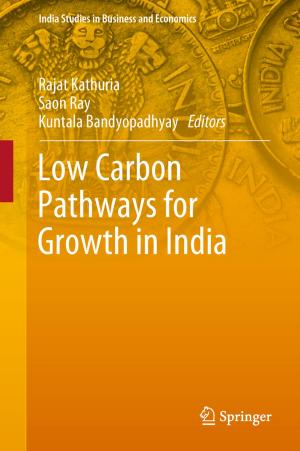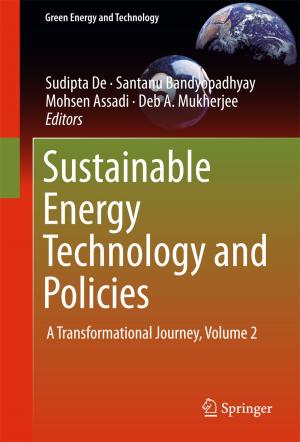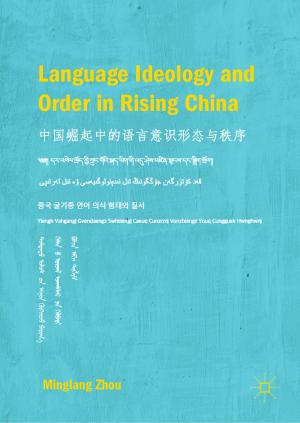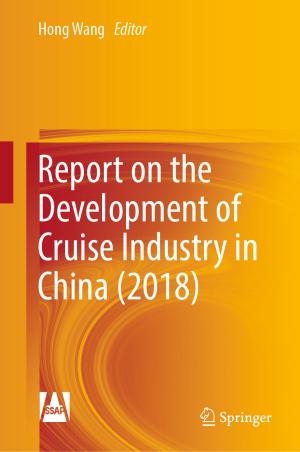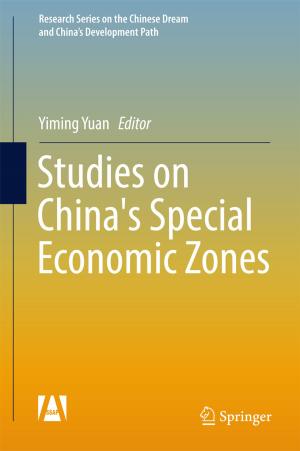Innovation in the Asia Pacific
From Manufacturing to the Knowledge Economy
Business & Finance, Management & Leadership, Production & Operations Management, Nonfiction, Science & Nature, Science| Author: | ISBN: | 9789811058950 | |
| Publisher: | Springer Singapore | Publication: | October 20, 2017 |
| Imprint: | Springer | Language: | English |
| Author: | |
| ISBN: | 9789811058950 |
| Publisher: | Springer Singapore |
| Publication: | October 20, 2017 |
| Imprint: | Springer |
| Language: | English |
This book promotes the creation of advanced knowledge-based economies driven by innovation networks and the continuous development of human capital and capability. It provides valuable insights into the growing emergence of knowledge-based industries of the Asia Pacific, and highlights research on: modes of creativity and innovation; intellectual property; the components of national innovation systems such as firms, education and training; knowledge and technical infrastructure; and public policy.
The Asia Pacific region is currently in the process of transforming from being the manufacturing centre of the global economy to a centre of innovation for the knowledge economy, with the successful IPO of Alibaba in 2014 being a prime example of this shift. From a neo-Schumpeterian perspective, the region is increasingly engaged in shortening and intensifying cycles of innovation. The historic agreement at the Beijing APEC meeting between China and the US to radically reduce carbon emissions indicates that one imperative of this innovation is to contribute to sustainability. The fact that the US Government is moving away from this historic commitment, while the Chinese Government is endorsing the commitment, indicates an emerging opportunity for Asia to lead the world technologically in a vital industrial sector of the future.
This book promotes the creation of advanced knowledge-based economies driven by innovation networks and the continuous development of human capital and capability. It provides valuable insights into the growing emergence of knowledge-based industries of the Asia Pacific, and highlights research on: modes of creativity and innovation; intellectual property; the components of national innovation systems such as firms, education and training; knowledge and technical infrastructure; and public policy.
The Asia Pacific region is currently in the process of transforming from being the manufacturing centre of the global economy to a centre of innovation for the knowledge economy, with the successful IPO of Alibaba in 2014 being a prime example of this shift. From a neo-Schumpeterian perspective, the region is increasingly engaged in shortening and intensifying cycles of innovation. The historic agreement at the Beijing APEC meeting between China and the US to radically reduce carbon emissions indicates that one imperative of this innovation is to contribute to sustainability. The fact that the US Government is moving away from this historic commitment, while the Chinese Government is endorsing the commitment, indicates an emerging opportunity for Asia to lead the world technologically in a vital industrial sector of the future.


